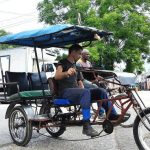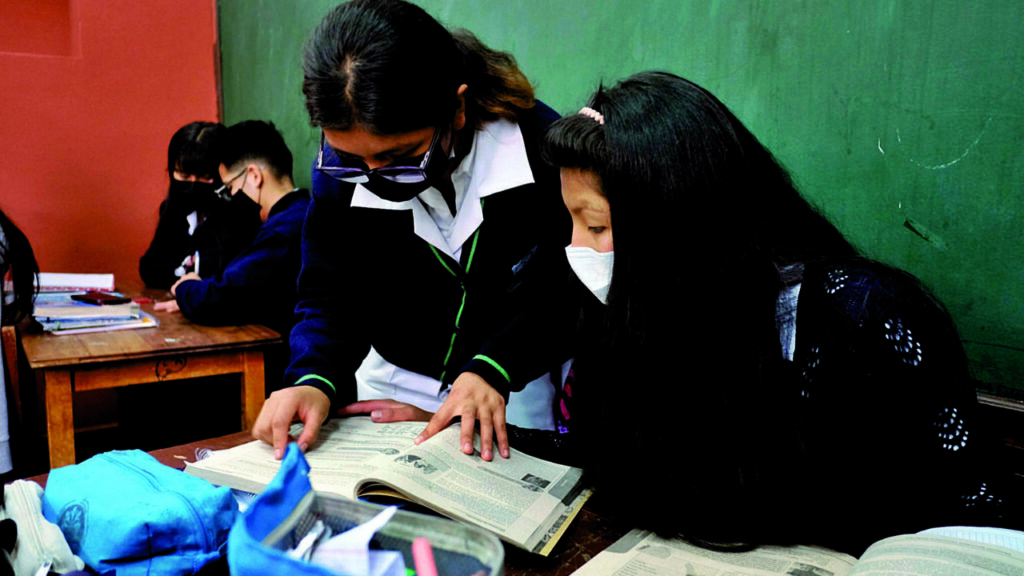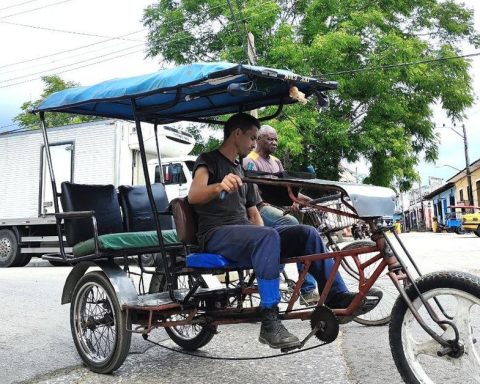Today (8) is International Thalassemia Day, a type of hereditary anemia. The date reinforces the dissemination of information about the disease, early diagnosis and awareness of the population. 
According to the Ministry of Health, the Unified Health System (SUS) offers comprehensive care, from diagnosis, monitoring and bone marrow transplantation when indicated.
According to data from the folder, until April this year, 930 patients with the disease were registered in Brazil. Among patients, almost 36% are between 20 and 39 years old. In all, 137 Specialized Care Services for Thalassemias were mapped throughout Brazil.
thalassemia
Thalassemias are a group of chronic hereditary diseases that are characterized by the reduction or absence of hemoglobin – a substance in red blood cells responsible for transporting oxygen throughout the body. People affected by the problem have a variety of symptoms, such as persistent anemia, pale appearance, enlarged spleen, cardiac and endocrine disorders, delay in growth and sexual maturation, in addition to recurrent infections.
Treatment
In general, the treatment and follow-up of these patients are carried out by the National Network of Hematology and Hemotherapy (Hemorrede), integrated by the coordinating state blood centers and their respective regional blood networks. In places where treatment is not offered in the blood network, states institute other referral services for this specialized treatment, necessary to avoid complications of the disease, which in more severe cases may even involve bone marrow transplants.
Early diagnosis of the disease is essential. Patients with the severe anemia type of thalassemia require blood transfusions on a regular basis, usually every 20 days, on average, forever, from the first days of life.
The Ministry of Health published technical materials to standardize care and guide health professionals in the treatment of people with the disease, such as the Manual of Guidelines for the Diagnosis and Treatment of Beta Thalassemias, Handbook for the Person with Thalassemia and Folder Thalassemias.
















